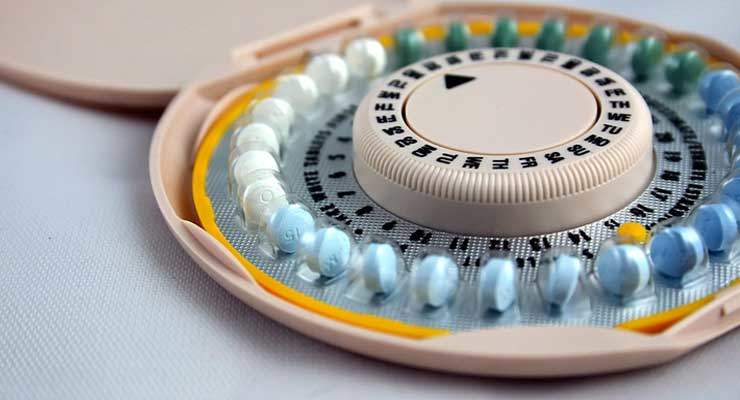Having a reliable form of birth control is important to many women who want to prevent pregnancy in the immediate future. Many women worry about the effect that birth control will have on their future fertility. There are many different forms of birth control available to women today. Some may cause changes to a woman’s body that may make it difficult to conceive in the future.
Birth Control Pills
Birth control pills are commonly used to prevent pregnancy and are generally considered to have no effect on future fertility. The pills are taken daily and contain a dose of estrogen and progesterone which are used to prevent ovulation. Most women have little problem getting pregnant after going off birth control pills, however, some women find that it takes their body longer to return to a regular cycle of ovulation. It may take months or years for a woman’s body to return to normal after going off the pill. The length of time needed depends on many factors, including how long a woman has been on the pill and how sensitive a woman’s hormone levels are to the extra hormones in the birth control pill. In some cases, women find that they are extra fertile in the months immediately after going off of the birth control pill.
IUD
An IUD is a device that is placed inside a woman’s uterus to prevent pregnancy. An IUD changes the lining of the uterus and fallopian tubes to prevent an egg from being fertilized. Most women immediately return to full fertility after the removal of an IUD, since minimal hormones are used. Future fertility can be affected if the IUD damages any part of the uterus or fallopian tubes by becoming embedded or perforating the skin. In severe cases of embedding or perforation, a hysterectomy may need to be performed. An IUD does come with a slight risk of causing a pelvic infection, which can cause infertility in some cases.
Depo-Provera
Depo-Provera is a shot that is used to prevent pregnancy for up to three months. Like the birth control pill, Depo-Provera works by preventing ovulation. Many women react badly to the high dose of hormones used in Depo-Provera. It often takes nine to 10 months to get pregnant after going off Depo-Provera but many women find that they have to wait far longer than that. Depo-Provera is as reliable as having a tubal ligation as far as birth control but it can cause long term complications and fertility problems.
Spermicide
Spermicide is one of the less reliable forms of birth control available but it has the benefit of using no hormones and requiring no difficult insertion procedure. Spermicide in the form of foam or gel has no averse effects on future fertility or on any pregnancy that may occur during use.
Condoms
Condoms work to prevent pregnancy by providing a physical barrier that stops sperm from entering the uterus. Condoms can be used together with a spermicide to provide additional protection against pregnancy. Since no hormones are used, condoms do not affect future fertility.





